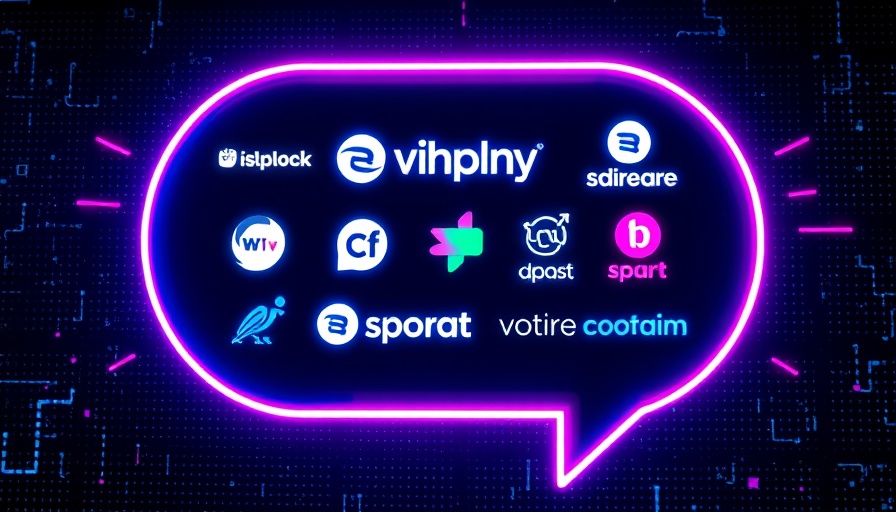
Understanding the Complexity of AI's Impact on Jobs
As artificial intelligence (AI) advances rapidly, the debate around its impact on employment continues to unfold with varied perspectives. Some argue that AI will replace a significant portion of jobs, while others emphasize that AI is more likely to transform existing roles rather than eliminate them entirely. This complexity drives the need for a clearer understanding of how AI technology is reshaping the workforce.
AI's Dual Role in Transformation and Replacement
AI technologies, particularly in the realm of automation and machine learning, possess the capacity to enhance efficiency and streamline operations across numerous industries. For instance, AI applications are increasingly utilized in sectors like healthcare, where they're improving diagnostics and patient care. However, as AI systems become capable of performing tasks traditionally done by humans, the concern arises: which jobs are at risk, and which are being elevated?
Studies indicate that jobs requiring routine tasks are most susceptible to automation, while creative positions that require emotional intelligence or interpersonal skills remain largely safe. This dichotomy highlights the need for a workforce equipped with skills that complement AI capabilities, suggesting a shift in educational focus toward technology and soft skills development.
Bridging the Skills Gap
Emerging trends suggest a pressing need for reskilling and upskilling initiatives to prepare the workforce for an AI-centric landscape. Companies increasingly seek employees adept at using AI tools and understanding AI applications in business processes. Organizations must invest in training programs that foster these necessary skills, ensuring workers are not left behind in the technological evolution.
Future Predictions: Embracing AI’s Potential
The future of work is not solely defined by AI's potential to replace jobs; rather, it will be significantly shaped by the collaboration between humans and machines. The symbiotic relationship may lead to the emergence of new job categories, with roles centered around AI management, ethical AI development, and AI-assisted decision-making. Preparing for this new paradigm requires adaptability and a commitment to lifelong learning.
Conclusion: The Path Ahead
While the conversation surrounding AI and job displacement continues to evolve, it's critical to recognize the complexity of the topic. As AI technology progresses, fostering an educational environment conducive to adaptability will be crucial. Stakeholders in both the public and private sectors must embrace the challenge of navigating this change—ensuring that as AI transforms industries, it also empowers individuals with the skills necessary to thrive.
 Add Row
Add Row  Add
Add 




Write A Comment